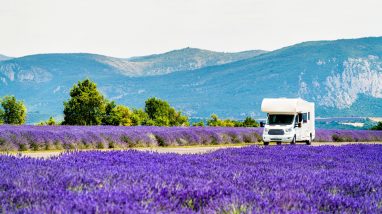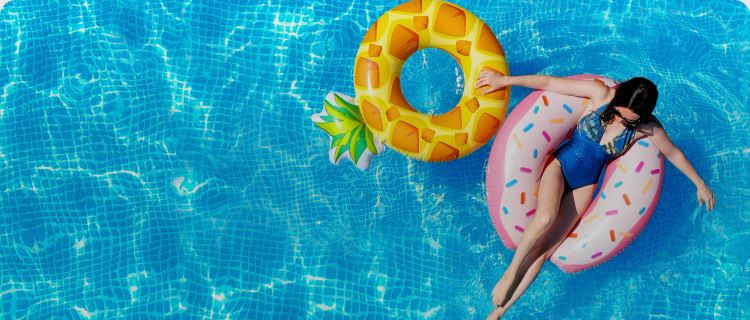Burnout is an issue. Technology is great and comes with many advantages, but there is also no doubt that since email has been around, and laptops, tablets and mobile phones became essential items, most of us are always “on”.
We wake up in the morning and reach for our phone to check mails that may have come through overnight, or to catch up on whatever has been posted on our social media profiles. Then it’s off to the office where we very seldom take a lunch hour, more like a “lunch 15 minutes”, and work way beyond the 9-to-5. Once we’re home, we again keep ourselves connected no matter what else is going on, relaxing on the couch, cooking a meal or helping the kids do their homework.
Our brains are hardly ever switched off and the overload of constant stimulation leads to mental stress and burnout.
France says no
The French government has waded into the conversation about burnout by stating that it wants to pass a law where employees have a “right to disconnect”. The statement has been met with controversy and the jury is out on whether governments getting involved is the way forward to manage our addiction to our screens.
However, there is no question that burnout is a serious issue.
We’re not anti-technology. Our own lives have been made much easier by technology. The whole of Campsited runs thanks to technology.
But the fact remains that we, as well as everyone else, have to treat technology like a servant rather than a master, to get the most out of it while not frying our brains.
Nature is the perfect digital detox medicine
For us, because we eat, sleep and breathe camping, our way to step away from all the screen time is to head into Nature. Increasingly research is showing however that heading into Nature could be the perfect way for everyone to take time away from their screens and prevent burnout. Science says so.
Firstly, simply being in the outdoors means that we’ll look up and out too, rather than constantly down at our phones. Giving our eyes a chance to look at something further than arm’s distance away is vital to our eye health. It turns out views are more than just pretty to look at. Gazing at something in the distance helps eyes exercise muscles that are not used when we do close up work work, and this can prevent eye problems.
China has some sort of solution
Another finding about the benefits of time in Nature comes from China. When we’re stressed, cortisol floods our blood stream, making us feel anxious, highly strung and unable to relax. Ongoing stress leads to a whole lot of health problems, from inflammation to high blood pressure. Forests provide a perfect antidote to the levels of stress we feel. Students in China spent two nights in a forest and had lower cortisol levels afterwards.
How burnout can manifest itself
Burnout can manifest itself in many different ways, but insomnia is one of the most common. This is dangerous for many reasons. Apart from the fact that we feel moody and irritable when we haven’t had a good night’s sleep, ongoing sleep issues also lead to a depletion in our immune system and less ability to fight stress. Recently, researchers at the University of Colorado have found that time in nature can regulate sleep cycles. When you’re camping you’re exposed to natural light, which counteracts all the exposure to artificial light we spend time in. Artificial light messes up our natural body rhythms. Natural light restores them.
Many more studies prove that being in the outdoors is beneficial for us on a physical and mental level.
No matter our intentions, we never get a chance to inhale and exhale as deeply in our daily busy lives as we do when we’re in one of Nature’s spectacular beauty spots. We need to manage our time online, and regular sojourns into the outdoors puts our health front and centre.
We’re here to make is easy for anyone to get into nature. Going camping is the best way to counteract all the challenges our day-to-day lives throw at us. Plus it’s the best holiday ever!









